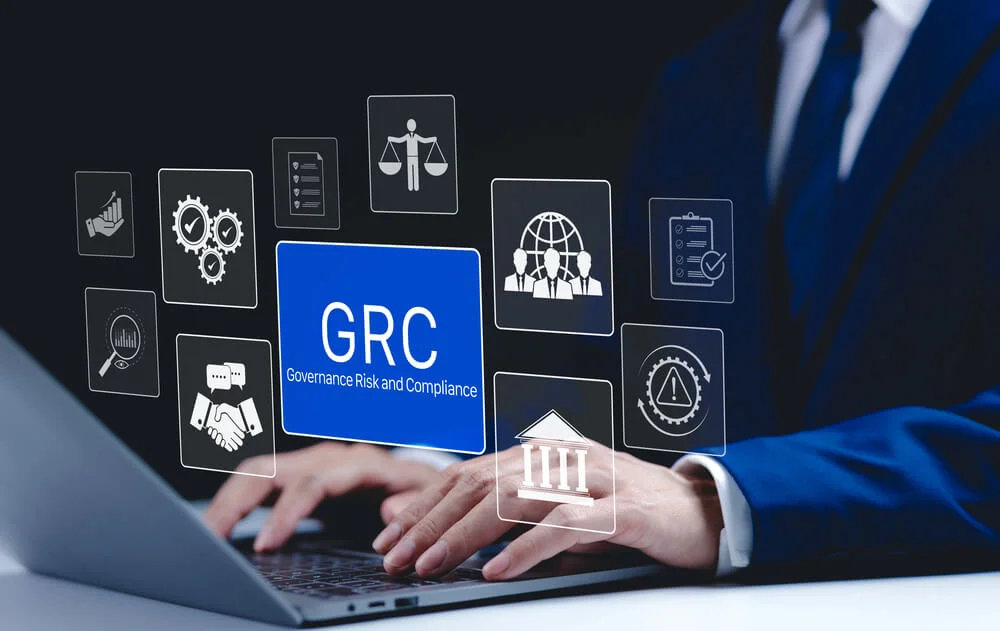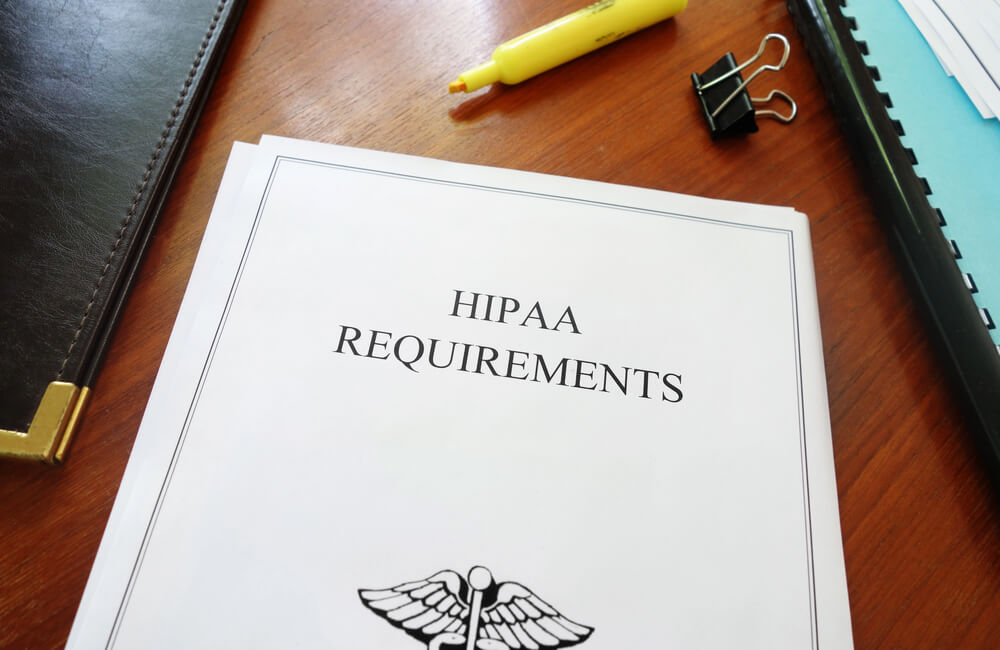In 2023, data breaches exposed almost 6.5 million records, with disastrous results for consumers and businesses. The purpose of the Payment Card Industry Data Security Standard is to help organizations follow leading cybersecurity practices and store cardholder payment data more securely. To be PCI DSS compliant, your business must meet 12 main requirements. Some are common-sense precautions like using antivirus software and setting up multi-factor authentication. Others are less well known, including PCI DSS Requirement 10.
Compliance with PCI standards isn’t optional for businesses that process or store payment card data. Companies don’t get to pick and choose. Every financial organization should understand Requirement 10, what it entails, and how to implement it.
What Is PCI DSS Requirement 10?

Requirement 10 involves logging and tracking all access to cardholder data and connected system resources. In practice, this means creating robust activity logs that keep track of:
- Who: The specific user who performed each action
- What: The action that took place and the data that was accessed
- Where: The entry point to the system and all network resources used
- When: The date and time of each action
- How: The method of access to the overall system and individual components, including databases and devices
Put simply, PCI Requirement 10 requires managing your data flow carefully and securely. To do this, you need to have an in-depth audit trail.
Why Is PCI DSS Requirement 10 Important?
PCI Requirement 10 has at least five benefits for stock exchanges, banking firms, financial organizations, and sales enterprises:
- Essential for PCI compliance: To stay PCI DSS-compliant and continue processing credit card transactions and online payments, your business must have tracking and auditing systems in place.
- Smart for data security: This monitoring framework follows data security best practices, so implementing it helps your company in all areas of information storage, including confidential business records.
- Vital for stronger defenses: The information you gather from access logs can help you make changes to how your employees access data, shoring up weaknesses and lowering the risk of intrusions.
- Useful for preventing break-ins: Cybersecurity platforms can use access records to flag suspicious log-in attempts or attempts to change system privileges, potentially helping your team catch and stop bad actors before they succeed.
- Critical for responding to security breaches: When you have excellent tracking and auditing features, you can identify security breaches faster and choose effective mitigation actions ASAP.
Following PCI DSS Requirement 10 is good for your entire business. This set of guidelines can prevent damage to your operations and reputation. The cost of fixing minor security issues is far less than dealing with full-blown data breaches that leak cardholder payment information.
How Can Your Business Implement Requirement 10?

Staying up to date with PCI DSS is important because the requirements are continually updated. To see recent changes, refer to the in-depth reference guide provided by the PCI Security Standards Council.
Create Audit Logs on a Per-User Basis (10.2.1.1)
Use an organizational data system that offers audit tools. To be effective, this system must track the actions of each user individually rather than in groups.
For example, if your organization has documents that go to the category “site managers,” every member should have a personal user ID, such as “John Jones” or “User29987.” That way, in case of an internal breach, you know which employee’s access credentials were misused.
Design Automatic Audits and Alerts for Suspicious Activities (10.2.1)
Malicious users often take certain actions to gain access to protected data. By setting up your system to alert the chief information security officer immediately when these events happen, you can stop breaches in progress or minimize the damage.
To comply with PCI DSS Requirement 10, you must log all suspicious and sensitive actions:
- Actions by users who have administrative privileges
- Access to cardholder data
- Access to audit trails, audit settings and tracking logs
- Failed login attempts
- Changes to authentication or security settings
- Creation of new processes
- Removal of system objects
Hackers usually try to eliminate records of their activities by changing, adding to, or deleting audit logs. Alerts allow a CISO to protect the system.
Understand What Information To Track (10.2.2)
At Compyl, we work with clients to personalize data workflow systems. This makes a huge difference because every organization has different needs related to PCI DSS compliance and data tracking.
Regardless of the size of your business or network, you need to keep track of the following information:
- User name
- Date and time
- Type of event/action (for example, login attempt)
- Source of event (for example, the IP address of the login attempt)
- Success or failure details (including the number of unsuccessful attempts)
- Description of the area, item, or information accessed
All of this information is exceptionally valuable if a breach occurs.
Protect Your Audit Trails (10.3)
Create rules that prevent unauthorized users from even getting close to audit data or settings. For example, limit viewing of audit trails to high-level administrators only, such as the CISO.
PCI DSS Requirement 10.3.1 recommends compartmentalization for log storage. For example, you can back up audit logs in a discrete network with unique access controls. Software that tracks changes to critical files can also help raise red flags quickly in the event of an attack.
Schedule Frequent Reviews of Tracking Data (10.4)

Ignorance isn’t bliss when it comes to data security. Letting too much time pass without reviewing tracking data increases the risks of undetected data breaches.
Ideally, your CISO should monitor audit logs daily. This review should check critical parts of the data flow, security alerts, and areas related to secure cardholder information.
Store Audit Trails (10.5)
PCI DSS Requirement 10 stipulates keeping audit logs for at least 12 months. Some hacks go undetected for a long time. By storing audit trails, your team can analyze the event and determine what happened, whose data was impacted, and how to patch the vulnerability.
Track Performance of Critical Security Systems and User Access Controls (10.3.3)
Training is vital to ensure staff members follow good data security practices with mobile devices, such as strong account password requirements, lock screens, PINs, and biometric passkeys.
Does your SaaS platform remain secure when offline? Does it track log-in behaviors, firewall settings, and antivirus protections?
Responsible device management means using a workflow platform that automatically uploads logs when offline devices enter the network.
Choose a Workflow Automation Platform That Complies With PCI DSS Requirement 10
At Compyl, we create fully PCI DSS-compliant information security systems. Streamline your business operations while ensuring only authorized users can access critical systems. See access logs in real-time and get detailed information about user behavior. Learn more about implementing PCI DSS Requirement 10 as effortlessly and cost-effectively as possible with our state-of-the-art workflow automation solutions.




